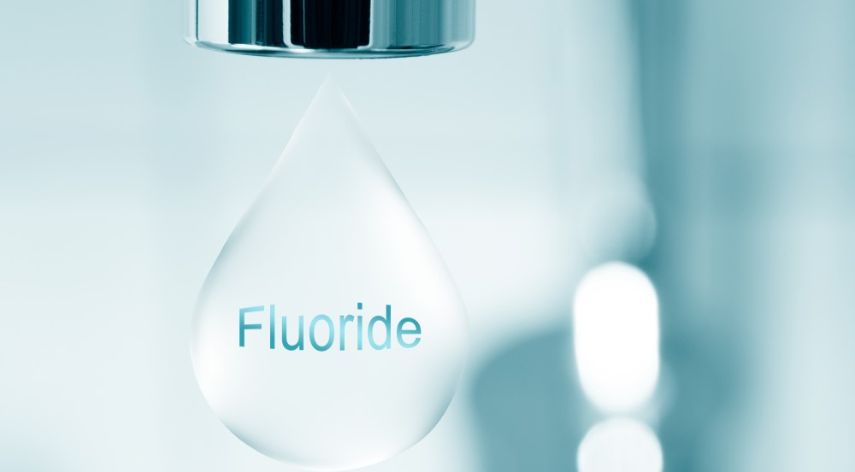The Effect of fluoride on Oral Health

Fluoride helps prevent tooth decay. Also, this substance is added to public water supplies in small amounts in the United States of America and many other countries. This process or action is called water fluoridation.
Fluoride is a mineral in your bones and teeth. It is also found naturally in:
- Water
- Soil
- Plants
- Stones
- Weather
Fluoride is commonly used in the dental industry by dentists in Canada, Europe and Asia to strengthen tooth enamel, which is the outer layer of your teeth, and is recommended to patients. Fluoride helps prevent tooth decay. Also, this substance is added to public water supplies in small amounts in the United States of America and many other countries. This process or action is called water fluoridation.
Table of Contents
ToggleWhat is fluoride used for?
In the field of human health, fluoride is basically used to strengthen the health of teeth. You may sometimes find it in your public water supply and over-the-counter products, including:
- Toothpaste
- Mouthwash
- Supplements
If the potential for cavities is high, your dentist may prescribe fluoride mouthwash. These mouthwashes contain a higher concentration of fluoride than the non-prescription products mentioned above.
Fluoride is also used for the following:
- Medical imaging scans such as PET scans
- Cleaner
- Pesticides
- Manufacture of Teflon, steel and aluminum products
What are the benefits of using fluoride?
Fluoride is good for teeth; Because it helps to:
- Restoration of weakened tooth enamel
- Slow down the loss of enamel minerals
- Reversing early signs of tooth decay
- Preventing the growth of harmful bacteria in the mouth
When the bacteria in your mouth break down sugars and carbohydrates, they release acids that eat away at the minerals in your tooth enamel. This way of losing minerals is called demining. Weakened tooth enamel makes the tooth vulnerable to bacteria that cause decay.
Fluoride helps rebuild your tooth enamel, which can prevent decay and reverse the early signs of decay.
Are there any potential side effects of fluoride?
While fluoride is a natural compound, it can still cause side effects if taken in large amounts. In the United States, the amount of fluoride added to water is usually 0.7 ppm. This number is the highest number approved in 2015.
Dental fluorosis
Dental fluorosis happens when your teeth are still forming under your gums and you take too much fluoride. This causes white spots on the surface of your teeth. Apart from white spots, dental fluorosis does not cause any other symptoms. There are many ways to treat the white spot on the teeth, which we will not mention in this section.
This condition only affects children under the age of eight, whose permanent teeth are not yet fully visible. Children are also more likely to swallow toothpaste that contains more fluoride than fluoridated water.
You can reduce your child’s risk of dental fluorosis by supervising them while brushing and making sure they don’t swallow too much toothpaste.
Skeletal fluorosis
Skeletal fluorosis is similar to dental fluorosis, but involves the bones instead of the teeth. Early symptoms include joint pain and stiffness. Over time, this problem can change the structure of the bone and cause calcification of the ligaments.
This complication usually occurs when you are exposed to a large amount of fluoride (often in drinking water) for a long time. Several things can cause excessive fluoride in water, including accidental contamination from fires or explosions. Some areas (large parts of Africa and Asia) contain large geological fluoride deposits that can contaminate water sources.
If your city water does not contain fluoride, but you are interested in the dental health benefits of fluoride, consider the following:
- Brush your teeth twice a day using fluoride toothpaste.
- Use a fluoride mouthwash once a day (not recommended for children under six).
- Ask your doctor about a professional fluoride treatment.
Recommended For You
Spread the loveSexual health is an essential aspect of personal well-being. If you’re based in London and need STI testing,
Spread the loveIn today’s fast-paced world, managing your health effectively is more important than ever – especially for those of
Spread the loveThe EGFR blood test is an important way to check how well the kidneys are working. It checks



